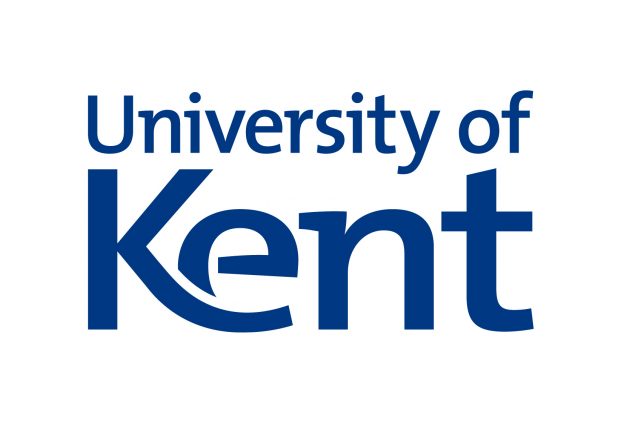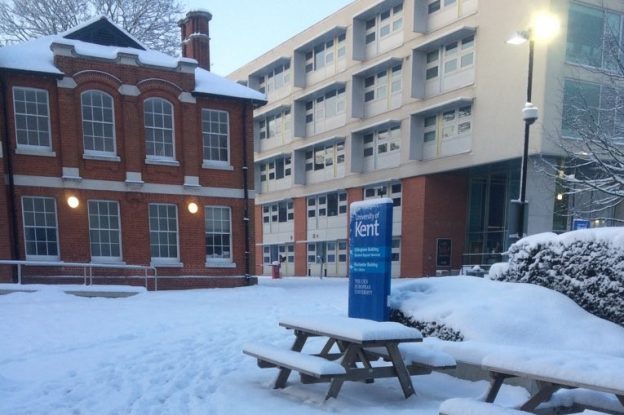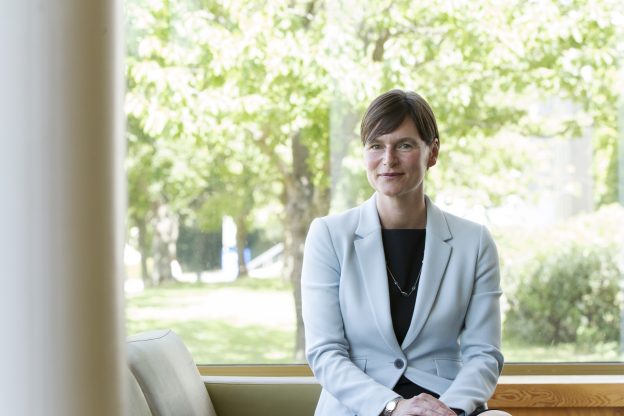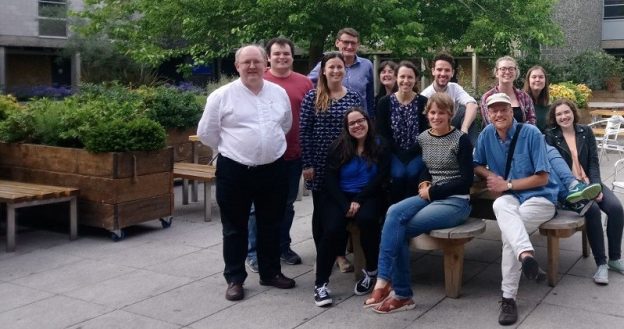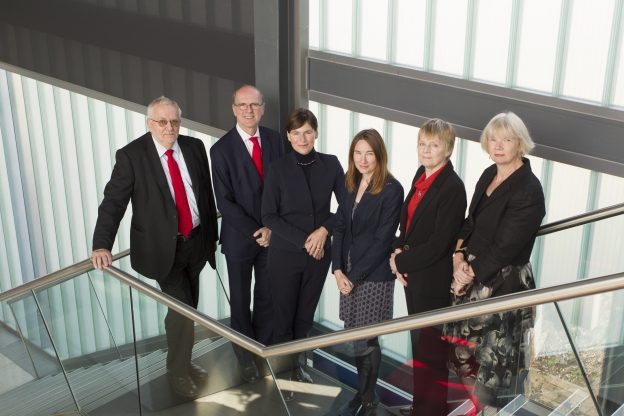[Featured image – Rainbow by Benson Kua CC BY-SA 2.0]
As LGBT History Month draws to a close you may have been wondering what the flags flying all over campus represent. Here is a quick guide…
GAY PRIDE FLAG: Medway and Registry (Canterbury)

The pride flag originally held eight colours with pink placed on top of the red, symbolising sexuality and indigo placed below purple, symbolising spirit. When the flag became popular and widespread it demanded production; pink had to be dropped because it was not commercially available, later seven became six so as to keep the colours even.
“The rainbow is a symbol and celebration of the diversity of genders and sexual orientations. It’s beautiful, all of the colours, even the colours you can’t see. That really fit us as a people because we are all of the colours. Our sexuality is all of the colours. We are all the genders, races and ages.” ~ Gilbert Baker
BISEXUAL PRIDE FLAG: Woolf
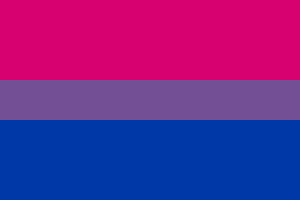
Designed by Michael Page in 1998, the bisexual flag gave the underrepresented bisexual community its own symbol comparable to the gay pride. It had the aim to increase the visibility of bisexuals both among society and within the LGBT community. The colours signify the romantic and/or sexual attraction to multiply genders, your own gender and others.
ASEXUAL FLAG: Darwin
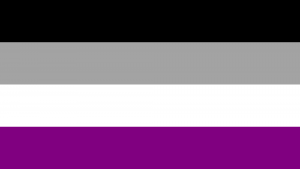
The four colours all have meanings:
- Black: Asexuality
- Grey: Asexuality and Demisexuality
- White: Non-asexual partners and allies
- Purple: Community
The flag was created in 2010 and was driven primarily by the desire to have a symbol that belongs to the asexual community. It was agreed upon through a multi-stage vote.
LESBIAN FLAG: Keynes

The lesbian flag features a “labrys,” a double-headed axe associated with early matriarchal Minoan societies and favoured by tribes of Amazon warriors who roamed the area that is now Kazakhstan. The labrys became popular with lesbian culture in the 1970s, but has fallen out of common use since.
The black triangle is a throwback to nazi Germany, similar to the pink triangle used by the general gay movement. The black triangle denoted “anti-social” behaviour, which included lesbianism.
Although the flag was created fairly recently (1999 by Sean Campbell) it’s not as popular now as it once was, possibly because of the relative unknown of the symbols.
TRANSGENDER FLAG: Eliot

The transgender pride flag was created by Monica Helms, a transgender woman, in 1999. The two coloured stripes represent the traditional colours for baby boys and girls and white is for those of intersex, neutral, or other genders.
The flag is intentionally symmetric so that however you hang it, it is in the ‘correct’ orientation. Helms says this was to represent transgender people finding “correctness” in their lives.
PANSEXUAL FLAG: Rutherford

Pansexuality is a recently new categorisation of sexual attraction. The difference between bisexual and pansexual is that pansexuality is an attraction regardless of gender. The colours symbolising blue for male, pink for women and yellow for all.
GENDERQUEER FLAG: Turing

The Genderqueer Pride flag was created by Marilyn Roxie in 2010 with help from the Genderqueer internet community. The lavender is a mix of the traditional blue and pink gender colours for people who are a little of both, the green is meant to be the “inverse” of lavender for those outside the binary and the white represents gender neutrality.


